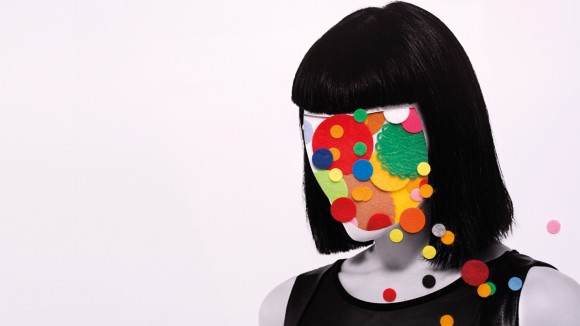 Stefan Borgwardt is Chair of Psychiatry and Psychotherapy at the University of Lübeck, Germany. His research focuses on the prediction of mental disorders in young people at risk for developing mental disorders and on investigating the underlying neurofunctional mechanisms and efficacy of potential innovative treatments such as cannabinoids and psychedelics. Together with his team, he uses a variety of methods including structural and functional neuroimaging, neurocognitive and genetic methods, computational modelling as well as pharmacological and clinical studies. Dr Borgwardt has been an Editorial Board Member for Scientific Reports since 2022.
Stefan Borgwardt is Chair of Psychiatry and Psychotherapy at the University of Lübeck, Germany. His research focuses on the prediction of mental disorders in young people at risk for developing mental disorders and on investigating the underlying neurofunctional mechanisms and efficacy of potential innovative treatments such as cannabinoids and psychedelics. Together with his team, he uses a variety of methods including structural and functional neuroimaging, neurocognitive and genetic methods, computational modelling as well as pharmacological and clinical studies. Dr Borgwardt has been an Editorial Board Member for Scientific Reports since 2022.
 Dennis Kätzel, is a Professor of Neurophysiology at the Medical Faculty of Ulm University, Germany. His research focuses on translational psychiatry, particularly on schizophrenia and ADHD. His laboratory investigates mechanisms of attention, salience attribution, working memory, and other cognitive and affective functions in mice using a combination of behavioural testing, opto- and electrophysiological recording techniques and targeted modulation of neural circuits. Prof Kätzel has been Editorial Board Member for Scientific Reports since 2019.
Dennis Kätzel, is a Professor of Neurophysiology at the Medical Faculty of Ulm University, Germany. His research focuses on translational psychiatry, particularly on schizophrenia and ADHD. His laboratory investigates mechanisms of attention, salience attribution, working memory, and other cognitive and affective functions in mice using a combination of behavioural testing, opto- and electrophysiological recording techniques and targeted modulation of neural circuits. Prof Kätzel has been Editorial Board Member for Scientific Reports since 2019.
 Reshanne R Reeder is a Senior Lecturer in Psychology at Edge Hill University, with a background in cognitive neuroscience. Her research interests include individual differences in mental imagery and anomalous perception and memory, particularly the experience of pseudo-/hallucinations in neurotypical and neurodivergent populations. Dr Reeder has been an Editorial Board Member for Scientific Reports since 2021.
Reshanne R Reeder is a Senior Lecturer in Psychology at Edge Hill University, with a background in cognitive neuroscience. Her research interests include individual differences in mental imagery and anomalous perception and memory, particularly the experience of pseudo-/hallucinations in neurotypical and neurodivergent populations. Dr Reeder has been an Editorial Board Member for Scientific Reports since 2021.

